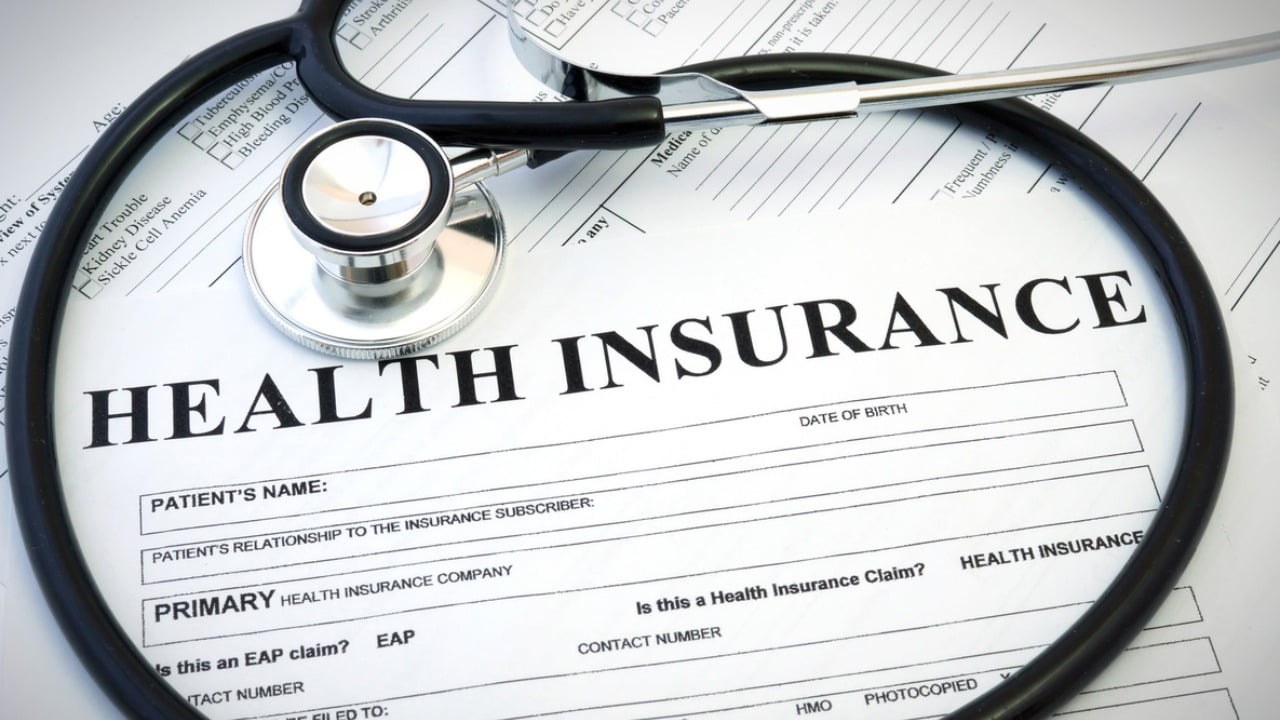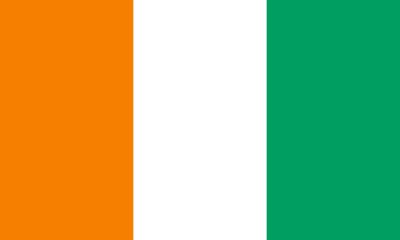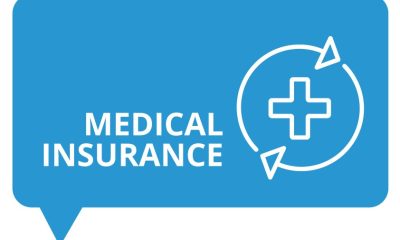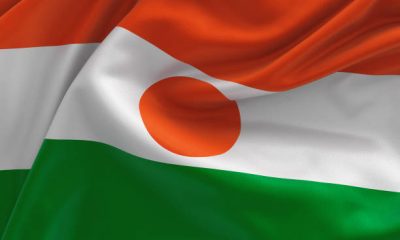Insurance
Health Insurance In South Africa For Foreigners: Pros & Cons And More

When expats visit Africa, South Africa stands out. The country is a regional hub for transportation, conventions, imports, and socializing. South Africa is a regional centre for significant health issues. South Africa is the go-to place for expats in distress who need airlifts to large hospitals. Life in South Africa goes beyond travel, business, and emergency care. How does health insurance work for full-time expats in South Africa?
South Africa lacks universal healthcare. Instead, private and public healthcare systems coexist. Up to 80% of the population receives care from the public system. The Uniform Patient Fee Schedule (UPFS) guides billing and payments. The fees for each patient and medical circumstance are categorized by this system.
UPFS patients fall into three types. Non-citizens, private physicians, and externally paid patients pay full price. Patients with income-based subsidies receive partial coverage for their care. Finally, Primary Healthcare Services refers fully sponsored patients to hospitals. Sometimes medical services are free.
More than 400 governmental and 600 private hospitals serve South Africa. Provincial health departments run large regional hospitals. The world’s third-largest hospital is Johannesburg’s Chris Hani Baragwanath Hospital. Municipal or district governments run smaller hospitals and primary care clinics. South Africa’s healthcare system ranks 49th out of 89 in the 2019 Global Healthcare Index. This is the highest-ranked African nation. However, it behind India, Sri Lanka, and the Philippines.
The National Health Insurance System in South Africa
South Africa’s healthcare system may undergo significant change in the next years. The government is attempting to establish a system of national health insurance (NHI). This adjustment is intended to address disparities in care among socioeconomic groups. It also aims to make healthcare more affordable for all. At the moment, though, this is still in its early stages of development.
Healthcare in rural South Africa is something between limited and non-existent. Rural areas are home to about half of the population, but only approximately 3% of new doctors choose to practice there. As a result, the rural portions of the country are severely underserved. This includes not only physicians but also facilities and support staff. Because complete care can be difficult to acquire in an emergency, expats living in remote locations should ensure that their insurance policy includes emergency air evacuation.
South Africa Healthcare System Pros and Cons
South African public hospitals are underfunded and understaffed. Therefore, they’re usually packed. Patients have long waits and little privacy. Many public hospitals lack the means to replace antiquated equipment, pay competitive wages (to retain top doctors), or replenish their pharmacies.
Public teaching hospitals do better. Public hospitals affiliated with major universities provide excellent care. Unfortunately, all residents know this, thus teaching hospitals have long wait times for all services.
In comparison, South Africa has great private healthcare. The private sector can attract doctors and nurses with higher pay and better circumstances. The private sector employs roughly 80% of doctors. With so many doctors, private healthcare patients may expect minimal wait times and contemporary facilities. Hospital stays are more private and comfortable.
Best Health Insurance in South Africa for Expats
- Cigna Global Insurance Plan: The flexibility to tailor a plan to suit your individual needs, Access to Cigna Global’s trusted network of hospitals and doctors, The convenience and confidence of 24/7/365 customer service.
Best Health Insurance for U.S. Citizens in South Africa
- Xplorer Worldwide Medical Plan: Premium Benefits, Coverage and Service, Define your deductible and prescription benefits, For Foreigners in the US or US citizens abroad
How Expats Can Qualify for South Africa Health Insurance
Everyone in South Africa has the right to healthcare, according to the country’s constitution. As a result, everyone in South Africa, including expats, refugees, and asylum seekers, has the right to healthcare. As a result, expats are eligible to use public healthcare facilities merely by living in the country. There is no need for a permit or identifying credentials for refugees and asylum seekers to receive free antiretroviral therapy for HIV/AIDS.
The Process
Healthcare registration in South Africa is easy. Register at your local doctor’s office. Just fill out a form, include your address, ID, and proof of address. No monthly fees or payroll deductions. Uniform Patient Fee Schedule governs patient payments.
Uniform Patient Fee Schedule is a sliding scale. That means low-income and unemployed people pay a reduced treatment charge. Expats are wealthy. They must pay for public hospital care out of pocket.
This should change if the planned National Health Insurance plan is implemented. The NHI will likely rely on general taxation and a patient payment, possibly a payroll deduction. The South African public healthcare system may change in the future.
How Routine Doctor Visits Work
A general practitioner takes care of day to day problems and refers patients to specialists, if necessary. However, patients can book appointments with a specialist directly if they want. The cost of visiting a GP can vary but appointments start at about 55 Rand.
How to Find a Family Physician or GP in South Africa
Many public insurance doctors work out of hospitals and larger clinics. Meanwhile, private doctors often have individual or group practices in addition to working in clinics and hospitals. A recommendation from a local friend or colleague is a good place to start.
Traditional and Alternative Medicine in South Africa
South African healthcare relies heavily on traditional and alternative medicine. About 80% of the population uses traditional healers. This percentage is higher in rural areas.
Healing and alternative practitioners are regulated. Naturopathy, homeopathy, osteopathy, and chiropractic medicine are alternative therapies. They must be licensed, registered, and qualified by their governing organization.
Most private insurance excludes alternative and traditional medicine. In conclusion, if this treatment is vital to you, you will likely have to pay for it.






















